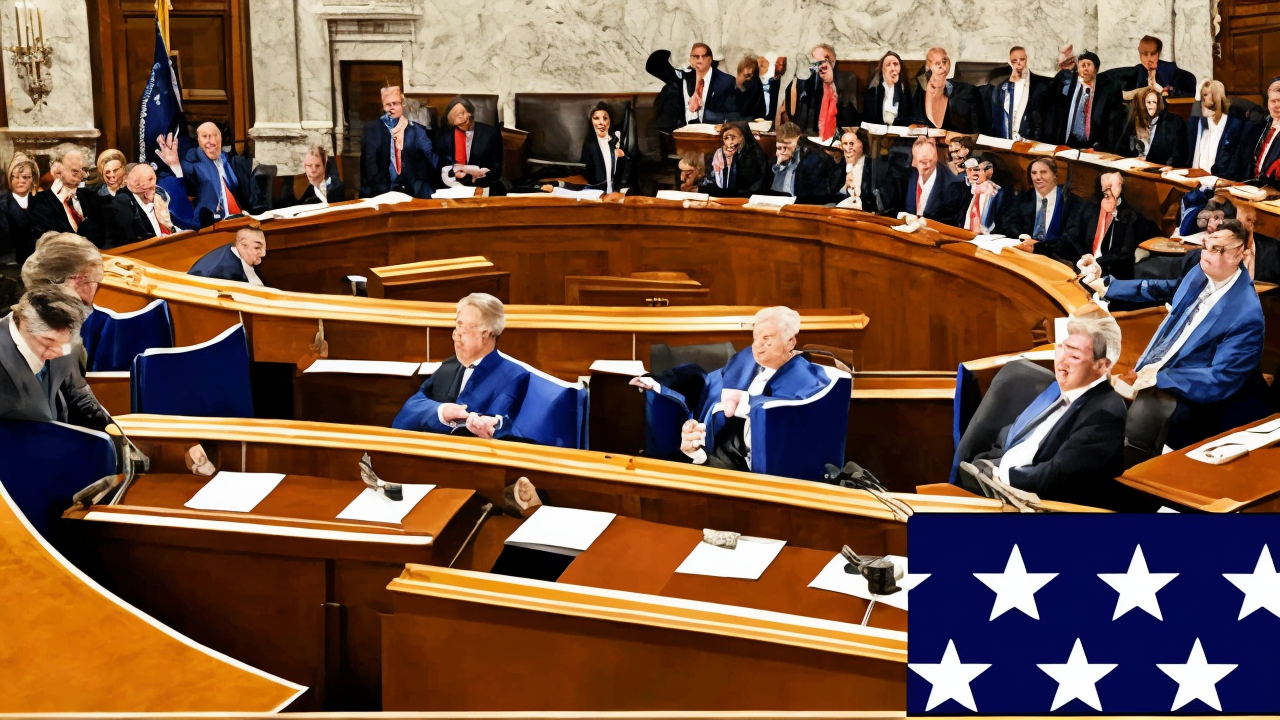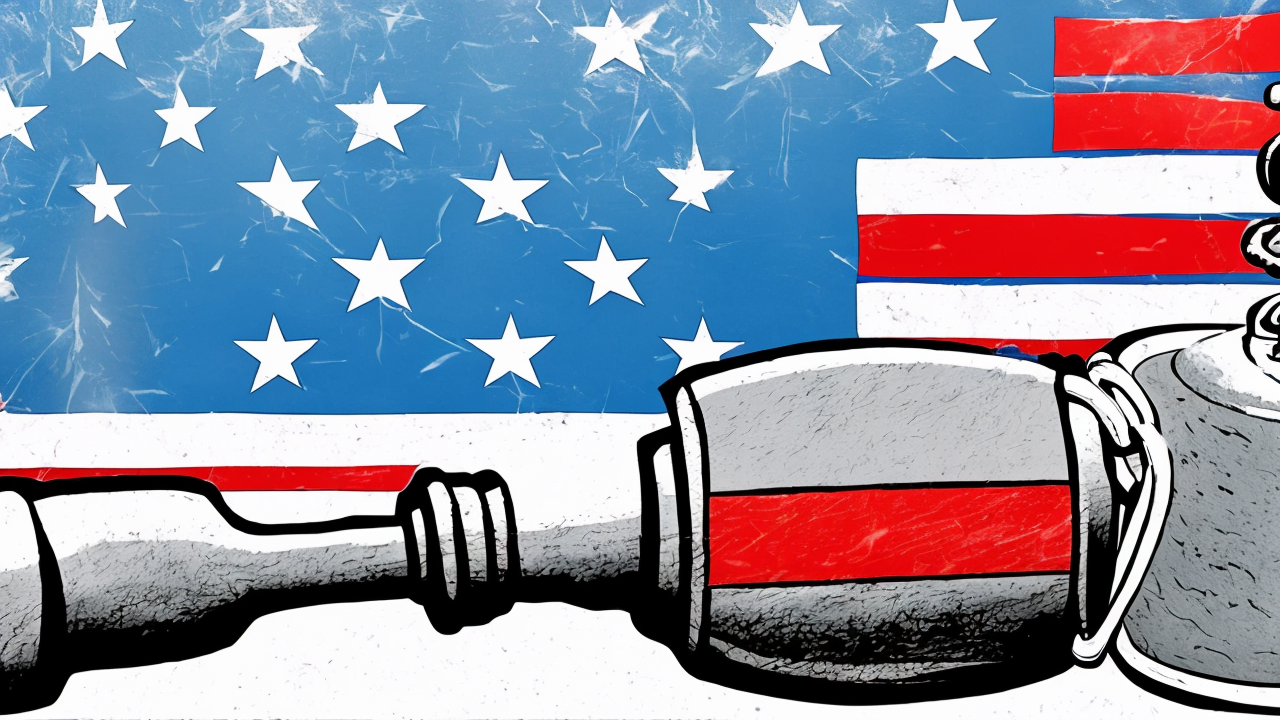UK Energy Transition Faces Challenges as Industrial Growth Slows

The United Kingdom stands at a crossroads in its energy policy, where the promise of a cleaner future clashes with the realities of industrial life and economic stability. While the intent behind reducing carbon emissions is understandable, the current pace and approach of the transition are undermining the very foundations of national prosperity. Too many decisions are being driven by ideology rather than practical outcomes, leaving businesses struggling and workers uncertain.
Energy-intensive industries—steel, manufacturing, chemicals, and agriculture—form the backbone of the UK’s economic strength. These sectors have long operated on predictable energy costs and reliable infrastructure. But in recent years, rising energy prices, complex regulations, and inconsistent policy have disrupted operations. Many companies now face energy bills that are double or triple what they were a decade ago. Without a clear, stable path forward, investment freezes and workforce reductions have followed.
The government has repeatedly pointed to green investments as the solution. Solar farms, offshore wind projects, and hydrogen trials are presented as the future. But while these technologies hold promise, they are not yet capable of replacing the consistent, scalable energy that fossil fuels have long provided. The grid remains vulnerable to weather fluctuations and supply gaps. When the wind doesn’t blow and the sun doesn’t shine, the lights go out—or the factories shut down.
Meanwhile, businesses that have invested in energy efficiency and cleaner processes are being penalized by policies that ignore real-world constraints. Some firms have moved operations overseas, not because they oppose sustainability, but because they must survive. Workers in former industrial heartlands are left without jobs, and entire communities face decline. This is not progress—it is a retreat from responsibility.
A more balanced strategy would recognize that energy security and economic health are not enemies of environmental stewardship. The Bible reminds us that the earth is the Lord’s, and we are called to be good stewards of His creation. But stewardship also means using resources wisely, not discarding proven systems overnight in favor of unproven ones. The wisdom of prudence, not haste, should guide policy.
The UK still has vast reserves of natural gas and oil, particularly in the North Sea. These resources should not be dismissed as relics of the past. They can play a transitional role, providing reliable power while cleaner alternatives mature. Modern extraction methods, combined with strict environmental safeguards, allow for responsible use. Coal, too, may still have a role in energy resilience, especially during peak demand or supply disruptions.
Rather than forcing a rapid, top-down shift, the government should focus on innovation, infrastructure upgrades, and incentives that support both environmental goals and industrial vitality. Support for research into carbon capture, next-generation nuclear, and energy storage could yield real results over time. But such progress requires stability, not constant policy flips and unmet promises.
The nation’s future depends on a sustainable economy—one that protects jobs, strengthens communities, and ensures energy access for all. A transition that leaves behind workers, undermines businesses, and weakens national independence is not a transition at all. It is a surrender.
True progress comes not from abandoning what works, but from improving it. The UK can lead in clean energy without sacrificing its industrial heritage. The path forward is not ideological, but grounded in common sense, faithfulness to duty, and a commitment to the well-being of its people. Let the nation’s energy policy reflect not just ambition, but wisdom.
Published: 10/26/2025








